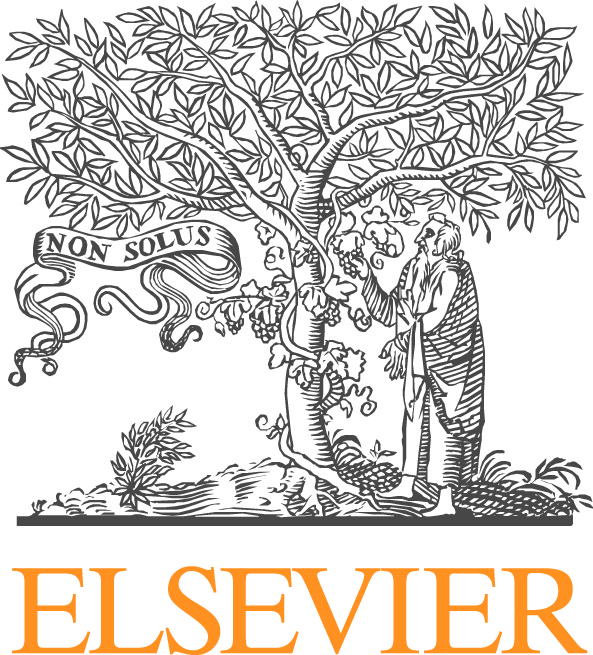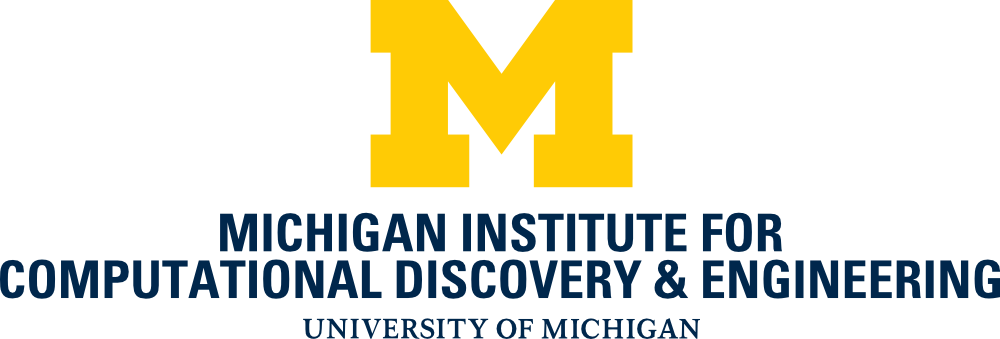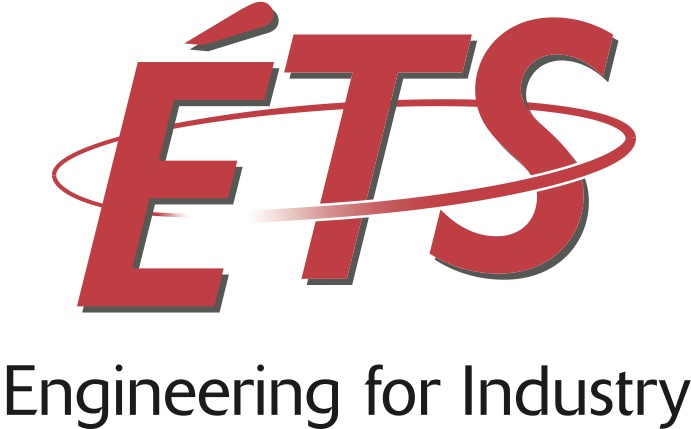Computational Geomechanics
WaiChing Sun, Columbia University
Ronaldo Borja, Stanford University
Günther Meschke, Ruhr-Universität Bochum
Pania Newell, Sandia National Laboratories
Geo-materials, such as soil, rock and concrete, are multiphase porous materials whose macroscopic thermo-hydro-chemo-mechanical behavior is governed by the microstructural attributes, such as grain size distribution and mineralogy, the structure of the pore space and of distributed fractures at different scales, degree of saturation, as well as the other factors such as temperature, loading rates and potential mass exchange among constituents due to phase transitions and chemical reactions. As a result, geo-materials may exhibit a wide spectrum of path-dependent behaviors, such as pressure-sensitive plasticity, brittle fracture and transition from brittle to ductile responses, depending on the environment the material is subjected to. Replicating and predicting these multiscale and multiphysical responses of geo-materials require sufficient experimental data, well-justified theoretical considerations, efficient algorithmic designs, and a rigorous verification and validation process.
This mini-symposium is intended to provide a forum for researchers to present contributions to recent advances in computational geomechanics. Topics within the scope of interests include, but are not limited to, the following: (1) development and validation of constitutive models that address multi-physical coupling effects, (2) discrete and continuum formulations for geomechanics problems, (3) models for fluid induced fracture propagation, (4) iterative sequential couplings for fluid and solid solvers interacting with phase fields, (5) uncertainty quantification for geomechanics problems, (6) multiscale geomechanics, (7) machine-soil interaction and contact mechanics of geo-materials, (8) wave propagation in soils and rocks, (9) regularization techniques to circumvent pathological mesh dependence, and (10) the relevant techniques to verify and validate geomechanical models at material point and in field-scale applications.







